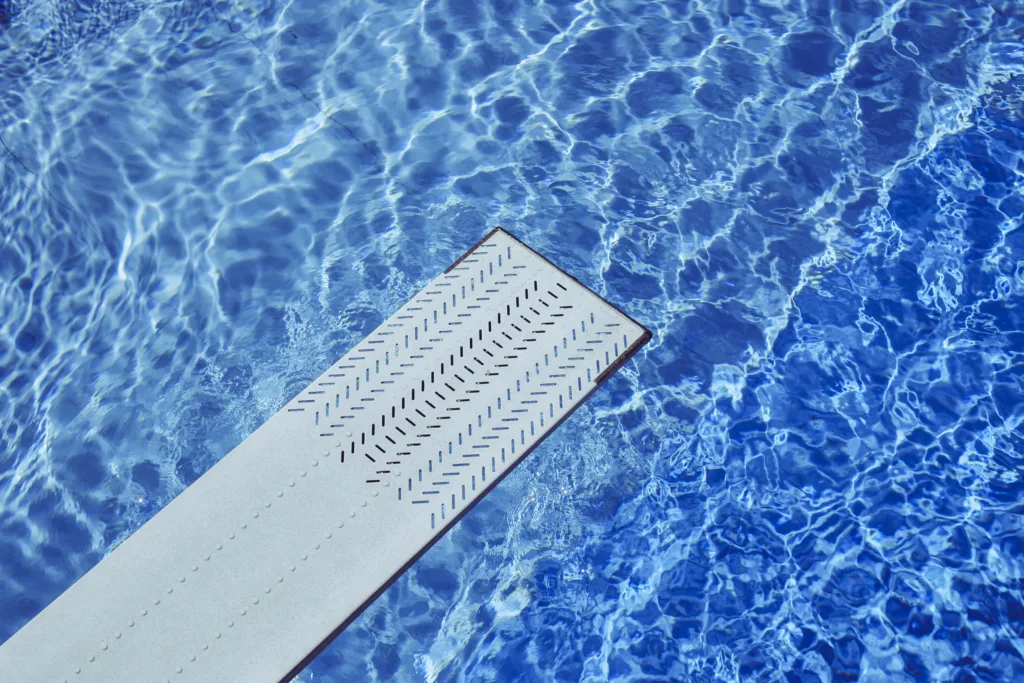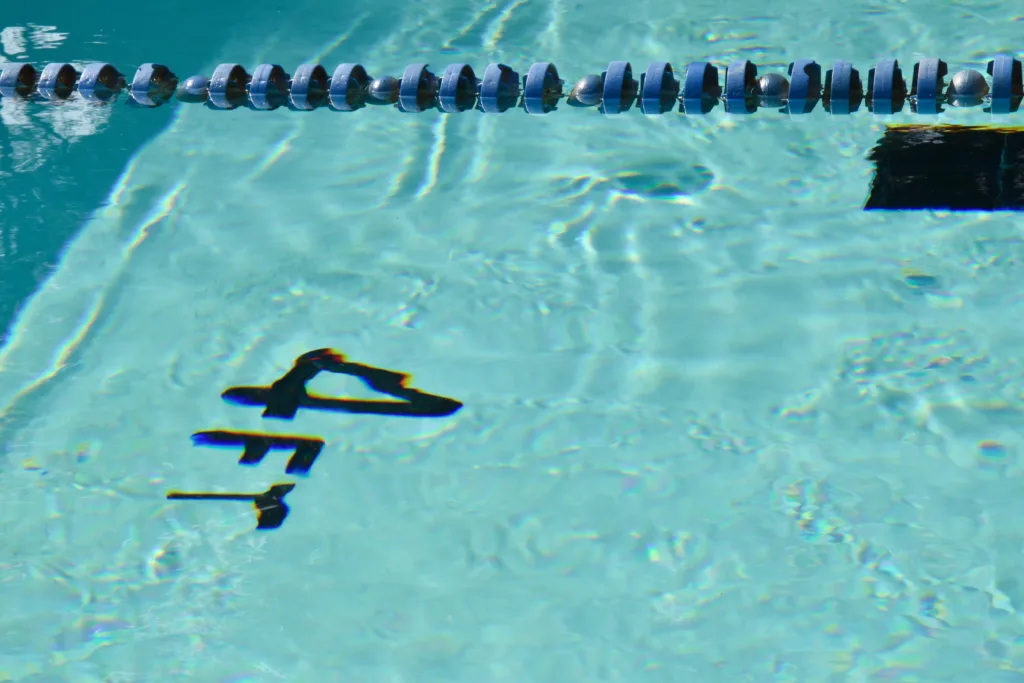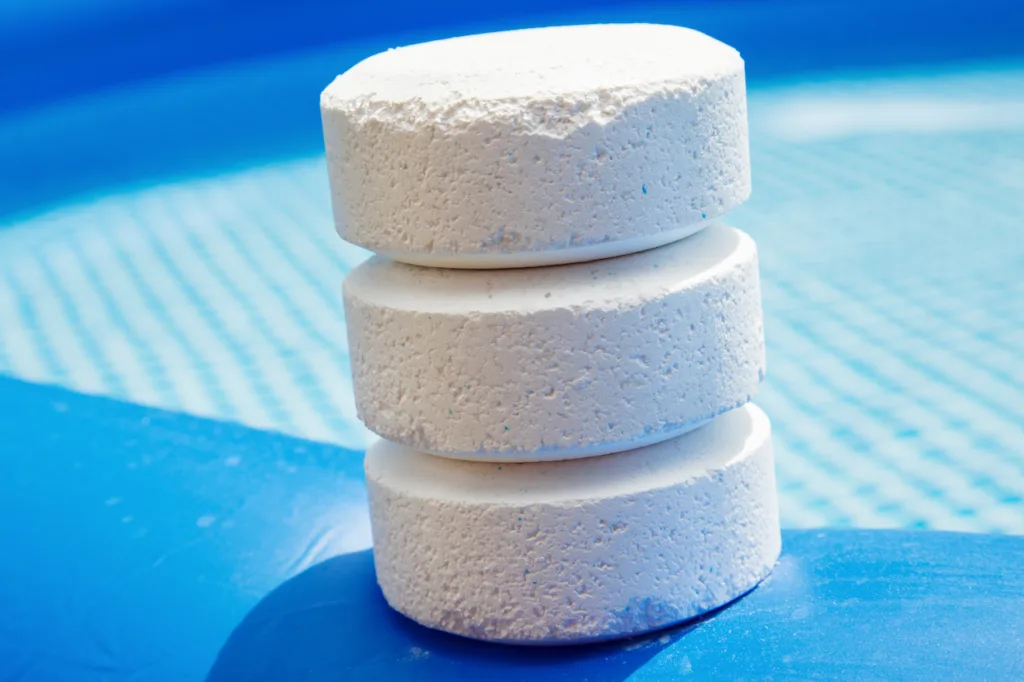Chlorine is a chemical element that is widely used in various industries, including water treatment, paper production, and textile manufacturing. One of the most notable applications of chlorine is in water treatment, where it is added to disinfect water and kill harmful bacteria and viruses.
But what about the smell of chlorine? Does it have a distinct odor that can be easily recognized? The short answer is yes. Chlorine gas has a pungent, irritating odor that is similar to the smell of bleach. The strong smell is one of the tell-tale signs of a chlorine leak and can provide adequate warning to people that they are exposed to the gas.
In fact, the odor of chlorine is so strong that it can be detected even at low concentrations. The EPA recommends a maximum level of four milligrams per liter of chlorine in drinking water to keep it safe. However, even at one milligram per liter, which is a much lower concentration, the odor of chlorine can be detected in the water supply.
While the smell of chlorine is often associated with water treatment, it is important to note that not all water that smells like chlorine is necessarily contaminated. Many municipalities add chlorine to teir water supply as a disinfectant, and the odor can linger even after the chlorine has done its job. Additionally, some private well owners may also use chlorine to disinfect their water supply.
It is also worth noting that the smell of chlorine is not always pleasant. In fact, some people find it extremely unpleasant and irritating, especially when they are exposed to high concentrations of the gas. Prolonged exposure to chlorine gas can cause respiratory problems and other health issues, so it is important to take precautions if you suspect a chlorine leak in your vicinity.
The smell of chlorine is a distinct and recognizable odor that is associated with water treatment and disinfection. While it may not always be pleasant, it is an important tool in keeping our water supply safe from harmful bacteria and viruses. If you suspect a chlorine leak or have concerns about the quality of your water supply, it is important to seek the advice of a qualified professional.
The Smell of Chlorine
Chlorine gas has a pungent and irritating odor that is oftn described as similar to the smell of bleach. This odor can be quite strong and noticeable, and may provide a warning to individuals that they are being exposed to chlorine gas. The smell of chlorine is typically described as being sharp and suffocating, and can cause discomfort or respiratory distress if inhaled in high concentrations. Additionally, the odor of chlorine may linger in the air even after the source of the gas has been removed. the smell of chlorine is a distinctive and recognizable characteristic of this potentially hazardous gas.

Does Chlorine Have a Natural Odor?
Chlorine itself does not have a natural odor. In fact, pure chlorine gas is actually colorless and has no scent. However, when chlorine gas comes into contact with moisture in the air, it forms a highly corrosive substance called hydrochloric acid. This reaction produces a pungent odor that is often described as similar to bleach or ammonia. Therefore, the smell associated with chlorine gas is not natural to the gas itself, but rather a result of its reaction with other substances.
Does Chlorine in Water Have an Odor?
Chlorine in water can have a noticeable smell. While the Environmental Protection Agency recommends a maximum of four milligrams of chlorine per liter of water for safety reasons, even lower concentrations of chlorine can produce a distinct odor. In fact, people can typically detect chlorine in water at concentrations as low as one milligram per liter. This odor can be described as a strong, bleach-like scent that may be noticeable when running water or filling a glass. While some people may find the smell of chlorine unpleasant, it is generally considered safe in the concentrations found in most municipal water supplies.
The Smell of Chlorine: Investigating Its Causes
The chlorine smell you are experiencing is likely due to the presence of chlorine in the water. Chlorine is commonly added to swimming pools and oher water sources to disinfect and kill harmful bacteria and other microbes. When chlorine is added to water, it can create a distinct smell that many people associate with pools and other aquatic environments. This odor can be particularly strong in indoor pools or areas with poor ventilation. While the smell of chlorine can be unpleasant for some people, it is generally considered safe in small amounts and is an important tool for maintaining water quality and preventing the spread of disease. However, it is important to note that excessive exposure to chlorine can lead to eye and skin irritation, respiratory problems, and other health issues.
The Effects of Chlorine on Skin After Swimming
It is likely that you will smell like chlorine after swimming, espcially if you have spent a significant amount of time in the pool. Chlorine is a commonly used chemical to disinfect and clean pool water. When you swim, the chlorine in the water can react with organic matter on your skin, such as sweat or urine, and create a distinct and sometimes unpleasant smell. This smell can linger on your skin and clothes even after you leave the pool. However, you can reduce the chlorine smell by showering with soap and water immediately after swimming and washing your swimsuit thoroughly.

The Sensation of Chlorine
Chlorine is a highly reactive and potent chemical that can cause a range of uncomfortable and sometimes painful symptoms. When chlorine comes into contact with your skin, it can cause irritation, redness, and blisters. These symptoms can be particularly severe if you have sensitive skin or if you are exposed to high levels of chlorine for an extended period of time.
In addition to skin irritation, chlorine exposure can also cause burning and irritation in your eyes, nose, throat, and chest. This can lead to watery, red, and irritated eyes, as well as coughing and difficulty breathing.
If you have been exposed to chlorine and are experiencing these symptoms, it is important to seek medical attention right away. Chlorine exposure can be dangerous, and in severe cases, it can even be life-threatening. By gettng medical help quickly, you can ensure that you receive the proper treatment to alleviate your symptoms and prevent any further complications.
The Effects of Inhaling Chlorine
Smelling chlorine can be toxic if the concentration of chlorine gas is high enough. Chlorine is a highly reactive and toxic gas that is commonly used in disinfectants, bleaches, and oter household cleaning products. Exposure to low concentrations of chlorine (1 to 10 ppm) may cause eye and nasal irritation, sore throat, and coughing, but these symptoms usually disappear once the person is removed from the area. However, inhaling higher concentrations of chlorine gas (>15 ppm) can rapidly lead to respiratory distress with airway constriction and accumulation of fluid in the lungs (pulmonary edema).
It is important to note that the level of toxicity depends on the concentration and duration of exposure. Short-term exposure to high levels of chlorine gas can be life-threatening, while long-term exposure to low levels of chlorine gas can cause chronic respiratory problems. Therefore, it is recommended to use chlorine products in a well-ventilated area and to avoid inhaling the fumes directly. If you experience any symptoms of chlorine exposure, seek medical attention immediately.
Does Chlorine Odor Fade Away?
The smell of chlorine does go away, but the time frame can vary depending on the amount of chlorine used and the ventilation in the area. Chlorine is a strong-smelling gas that is commonly used in cleaning and disinfecting products, swimming pools, and drinking water. When chlorine is used, it can leave behind a strong odor that can be unpleasant and irritating.
To get rid of the smell of chlorine, you should firt open windows or use a fan to increase ventilation in the area. This will help to dissipate the odor and allow fresh air to circulate. If the smell persists, you can try using an air purifier, which can help to filter out the chlorine fumes.
In addition to these measures, it’s important to follow proper safety precautions when using chlorine products. This includes wearing protective gloves and goggles and using the product in a well-ventilated area. By taking these steps, you can minimize the smell of chlorine and ensure a safe and healthy environment.
Removing Chlorine Odor
If you’re trying to get rid of the smell of chlorine from your clothes, thre are a few things you can do. One of the most effective is to launder your clothing in a mixture of water and vinegar. Simply add 1/4 cup of vinegar to your wash cycle along with your regular laundry detergent. The vinegar will help to neutralize the chlorine smell and leave your clothes smelling fresh and clean.
If your clothes still smell of chlorine after the first wash, you can try laundering them a second time with soap and vinegar. This should help to remove any remaining odor and leave your clothes smelling great.
Another option is to use a chlorine-neutralizing product. These can be found in stores that sell swimming pool supplies and are designed to remove the smell of chlorine from clothing and other fabrics. Simply follow the instructions on the package to use the product.
If you’re dealing with the smell of chlorine on your skin, you can try taking a shower or bath with a chlorine-neutralizing soap. These soaps are designed to remove chlorine from your skin and leave you feeling clean and refreshed.

Does Chlorine Have a Fish-Like Odor?
Chlorine itself does not have a fishy smell. However, the presence of certain compounds containing chlorine, such as chloramines, can cause a fishy odour. Chloramines are formed when chlorine reacts with organic matter, such as sweat or urine, in swimming pools or hot tubs. Chloramines can also be present in public water sources that have been disinfected with chlorine and ammonia. Therefore, if you detect a fishy smell in water or a swimming pool, it is likely due to the presence of chloramines, rather than chlorine itself.
The Effects of Inhaling Chlorine
If you randomly smell chlorine, it could be an indication of seveal things. The most common reason for this is exposure to chlorine, which is a chemical commonly used in swimming pools, cleaning agents, and water treatment facilities. If you have been in contact with any of these sources, it is possible that the smell of chlorine has lingered on your skin, clothing, or hair.
Another reason for randomly smelling chlorine could be due to tooth or gum inflammation or infection. This can cause a metallic or chemical taste in the mouth, which may be perceived as the smell of chlorine. Additionally, if you have recently washed your clothes or other materials with bleach, the residual odor of chlorine may be present and picked up by your nose.
In some cases, unusual odors such as the smell of chlorine may be associated with sinus infections. When your sinuses become inflamed, it can cause a variety of symptoms, including changes in your sense of smell. If you are experiencing any other symptoms such as congestion, sinus pressure, or headaches, it is advisable to seek medical attention to rule out any underlying conditions.
The Effects of Chlorine on Sperm Odor
There are several reasons why your sperm may have a smell similar to chlorine. Firstly, it is important to note that semen usually has a slightly alkaline pH, wich can give off a strong odor similar to bleach or chlorine. This is because the alkaline substances in semen, such as amino acids and proteins, can react with the acidic substances in your body, such as sweat and urine.
Furthermore, if your skin comes into contact with sweat or urine before ejaculation, the sodium left behind on your skin can mix in with your semen, intensifying the bleach-like smell. Additionally, other substances found in sweat and urine, such as chloride, potassium, and magnesium, can also alter the scent of your semen.
It is worth noting that a strong odor from semen is not necessarily a cause for concern, as it is a natural bodily function. However, if you notice any other unusual symptoms or changes in your semen, it is always best to consult a healthcare professional to rule out any underlying medical conditions.
Conclusion
Chlorine gas is a highly potent and dangerous substance that can cause severe respiratory distress and even death if inhaled in high concentrations. However, it also plays a vital role in water treatment and disinfection, helping to keep our drinking water safe from harmful bacteria and viruses. The characteristic pungent odor of chlorine gas serves as an early warning sign of a potential leak, allowing people to take appropriate safety measures to avoid exposure. Additionally, while the smell of chlorine in our water supply may be unpleasant, it is a necessary measure to ensure that our drinking water is safe and free from harmful contaminants. while chlorine can be hazardous in certin contexts, it also serves an essential function in maintaining public health and safety.
